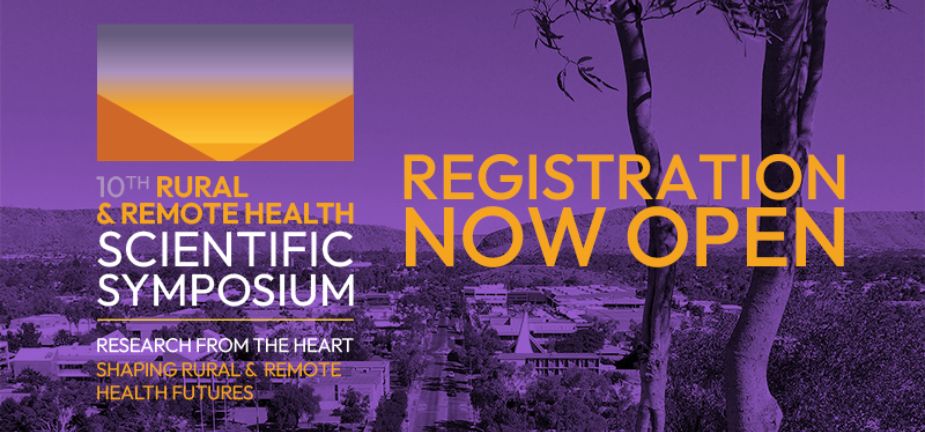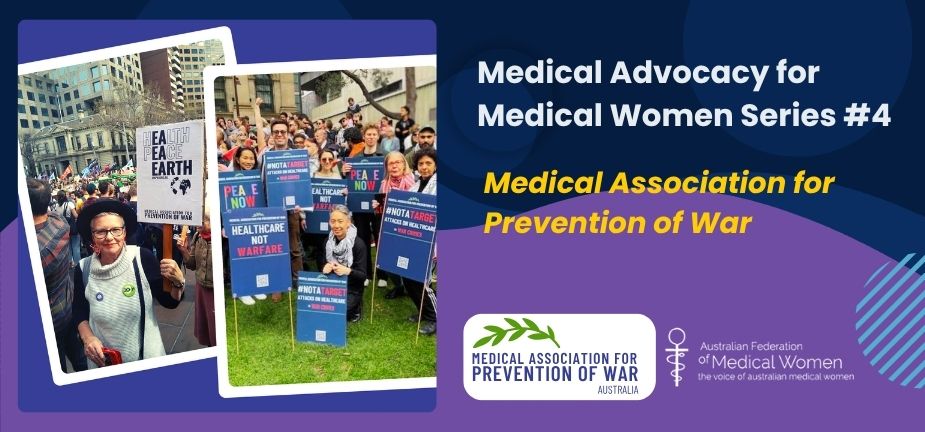Saturday 18 October: 1000-1100
Speaker: Ms Stephanie Long
 Stephanie Long has been involved in Friends of the Earth’s climate justice campaign work nationally and internationally for over 6 years, and currently has the task of facilitating participation of our 69 member groups in the international climate and energy campaigns. A major campaign is the international ‘affected peoples’ campaign to reduce vulnerability and increase resilience through grassroots democratic control of essential aspects of life such as water, health, housing and food. Stephanie has also attended many of the international negotiations of on climate change and done numerous public briefings to share information to citizens about the actions of our political leaders.
Stephanie Long has been involved in Friends of the Earth’s climate justice campaign work nationally and internationally for over 6 years, and currently has the task of facilitating participation of our 69 member groups in the international climate and energy campaigns. A major campaign is the international ‘affected peoples’ campaign to reduce vulnerability and increase resilience through grassroots democratic control of essential aspects of life such as water, health, housing and food. Stephanie has also attended many of the international negotiations of on climate change and done numerous public briefings to share information to citizens about the actions of our political leaders.
Climate change is now an issue of international predominance and is recognised as potentially the greatest social justice issue in the world today: Whilst the impacts of climate change will be global, the responsibility for historical greenhouse gas emissions are borne by the countries of the Global North. The projected impacts of climate change in the Asia Pacific region are startling. The Small Island States of the Pacific and mega-deltas of Asia are seen as amongst the most vulnerable regions of the world. Extreme weather events and rising temperatures have potentially devastating impacts on food, water, livelihoods, and health across the region, with the poorest peoples (often women) and Indigenous peoples at greatest risk.
Friends of the Earth International is one of many grassroots organisations that is working directly with communities to build resilience to the impact of climate change. Along with fantastic stories of innovative resilience these communities are also challenging the institutions, governments and corporations which are increasing their vulnerability through actions such privatisation of water, mega-project construction and resource extraction for export. An equitable and just response to climate change (climate justice) is more than about reducing greenhouse gas emissions but also ensuring communities determine their sustainable and healthy future and that we all live equitably within the earth’s means.









